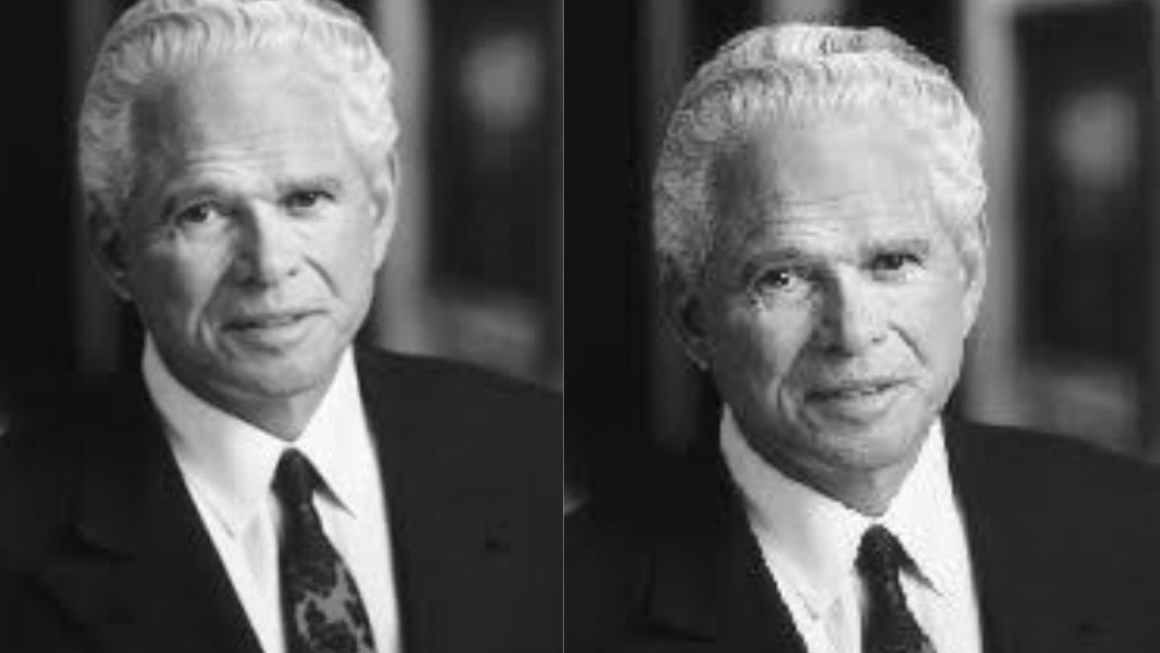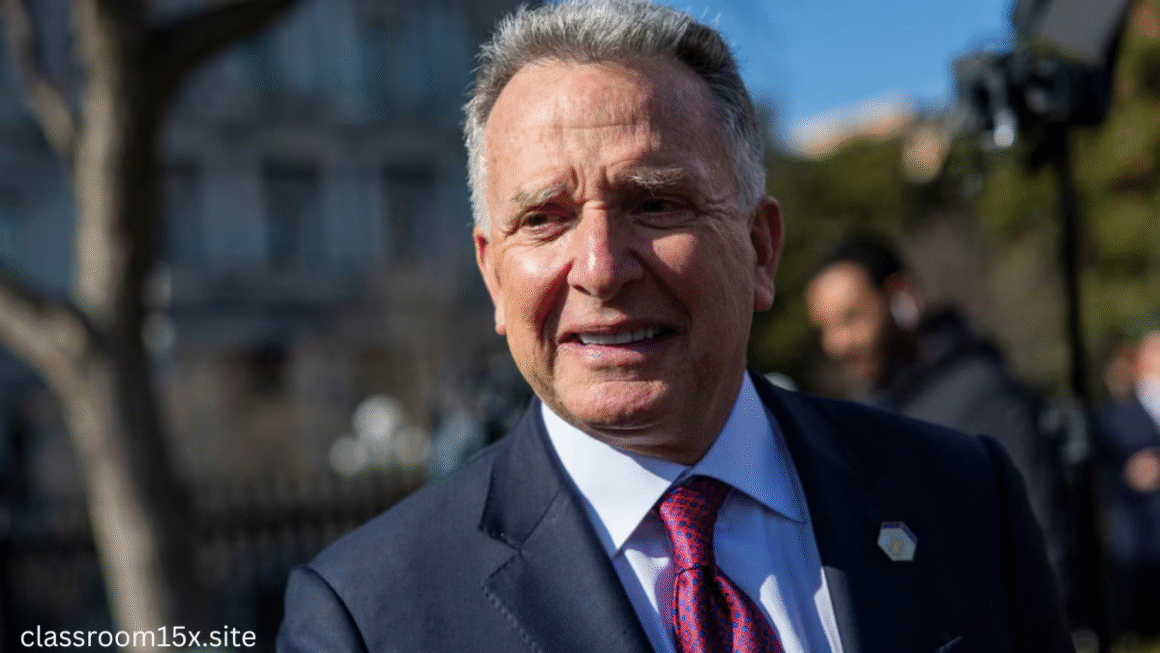Introduction
Leona Kimes emerged as a pivotal figure in exposing troubling abuses within one of the world’s most influential megachurches, Hillsong. Once a pastor within this globally renowned religious community, her courageous decision to speak out against alleged abuse marked a watershed moment for accountability and transparency in church leadership. Her story is not just about personal trauma but also a broader call for reform within religious institutions where power dynamics have often shielded perpetrators.
This article delves deep into who Leona Kimes is, the allegations she brought forward against Hillsong’s former leader Carl Lentz, the widespread public reaction, and the cultural implications for church leadership and governance. Through her journey, readers will gain insight into the systemic issues within certain religious environments, the courage it takes to break silence, and the movement her voice helped ignite. Understanding Leona Kimes’ story is crucial to grasp the ongoing challenges and conversations surrounding abuse, power, and reform in contemporary church culture leona kimes.
Who Is Leona Kimes?
Leona Kimes was once a respected pastor within the Hillsong Church, an international megachurch known for its vibrant worship and influential leadership. Before becoming a public figure linked to controversy, Kimes was recognized for her dedication to ministry and her role as a spiritual guide within the Hillsong community. Her background reveals a woman committed to faith and leadership, navigating a male-dominated environment with conviction and grace.
Her pastoral career was marked by a commitment to service and spiritual guidance, which made her allegations against a high-profile church leader even more significant. Kimes’ early life, shaped by faith and community, contrasts sharply with the painful revelations she later made. This juxtaposition highlights the complexity of her experience—someone deeply embedded in a religious institution who ultimately exposed its darker realities. The public perception of Kimes before her allegations was largely positive, painting her as a devoted pastor and follower of Hillsong’s teachings.
The Allegations Against Carl Lentz and Hillsong Church
Leona Kimes’ decision to come forward with allegations against Carl Lentz, a charismatic and once-celebrated pastor of Hillsong New York, sent shockwaves through religious and secular communities alike. The accusations involved years of sexual and emotional abuse, describing a disturbing pattern of manipulation and misconduct. Kimes detailed how Lentz abused his position of power, using trust and authority to exploit vulnerable individuals within the church.
The timeline of events reveals a long period of silence and fear before Kimes found the courage to speak out publicly. Her statements painted a stark picture of the internal culture at Hillsong, where loyalty and reputation often took precedence over addressing misconduct. Hillsong Church initially responded with a mixture of denial, damage control, and eventual dismissal of Carl Lentz from his leadership role. This response, however, did little to quell public concern and criticism regarding the church’s handling of abuse allegations.
Kimes’ revelations highlighted the urgent need for systemic change within Hillsong and other similar institutions. Her bravery illuminated how spiritual authority can be misused, calling into question not only individual accountability but the broader structures that enable such abuses to persist.
Public Reaction and Media Coverage
The allegations brought forward by Leona Kimes quickly became a focal point for media outlets and social media platforms, igniting widespread public discourse about abuse within religious organizations. Major news channels and investigative reporters extensively covered her story, providing a platform for survivors and advocates to raise their voices. This media attention helped shift the narrative around Hillsong Church from one of celebrity pastors and large congregations to the hidden realities faced by many members.
Social media played a crucial role in amplifying Kimes’ message, with survivors and supporters expressing solidarity and sharing their own experiences. The public reaction was polarized; while many praised Kimes for her courage, some supporters of Hillsong questioned the validity of the allegations or defended the church’s leadership. This division underscored the complex emotions and loyalties involved in addressing such deeply personal and institutional issues.
Religious leaders and organizations responded in varied ways—some condemned the abuses and called for reform, while others remained cautious, reflecting the tension between protecting faith communities and confronting uncomfortable truths. Hillsong’s official statements acknowledged the allegations and pledged reforms, but skepticism remained high due to past patterns of secrecy and slow responses.
The Broader Implications for Church Culture and Leadership
Leona Kimes’ story is emblematic of a much larger problem facing megachurches and religious institutions worldwide: the dangerous concentration of power and lack of accountability. Her allegations exposed how authority figures can exploit trust, perpetuating cycles of abuse protected by silence and institutional loyalty. This situation raises urgent questions about leadership ethics, transparency, and the mechanisms churches have in place to prevent and address misconduct.
The culture of silence around abuse is often reinforced by fear of scandal, loss of reputation, and the desire to protect influential leaders. Women in church leadership positions, like Kimes, frequently face additional challenges, including marginalization and disbelief when reporting abuse. Her experience has therefore contributed to a growing conversation about the role of women in ministry and the need for equal protection and respect within religious hierarchies.
Comparisons with other recent scandals in various religious organizations show that Hillsong is not an isolated case but part of a systemic issue. These revelations have prompted calls for structural reforms, better victim support, and independent oversight to ensure that churches can no longer hide abuses behind closed doors. Kimes’ courage has helped push this conversation forward, emphasizing that faith communities must prioritize justice and healing over image and power.
Leona Kimes’ Role as an Advocate and Her Life After the Allegations
Since going public with her allegations, Leona Kimes has transformed from a victim silenced by fear to an outspoken advocate for survivors of abuse within the church. She has taken on a public role, engaging in interviews, writing, and speaking engagements to raise awareness about the realities many face in religious institutions. Her voice has become a rallying point for those seeking reform and justice.
Kimes’ advocacy extends beyond merely recounting her experience; she actively participates in conversations about church reform, survivor support, and institutional accountability. She emphasizes the importance of safe environments within faith communities and encourages other victims to come forward without fear of retaliation or judgment. Through this work, Kimes is helping to reshape how abuse is addressed in spiritual contexts, promoting a culture of transparency and respect.
Her life after the allegations has also involved building community with others who share her experiences. Support networks and advocacy groups have been integral to her healing process and mission. By standing firm and speaking out, Leona Kimes has become a symbol of resilience and hope for many who continue to seek justice and reform in religious settings.
Conclusion
Leona Kimes’ story is more than just a personal testimony; it is a powerful catalyst for change within religious institutions worldwide. By breaking her silence and exposing abuse at Hillsong Church, she challenged a culture that often prioritizes reputation over justice. Her courage has inspired broader conversations about power, accountability, and the role of women in church leadership, shining a light on the urgent need for reform.
The impact of her voice continues to resonate, reminding faith communities that true spirituality must be rooted in safety, honesty, and respect. As the movement she helped spark grows, Leona Kimes stands as a testament to the transformative power of speaking out, encouraging others to demand transparency and change. Her story remains deeply relevant today as churches and religious organizations grapple with their past and strive toward a more just future.
Also Read: bill gothard net worth




